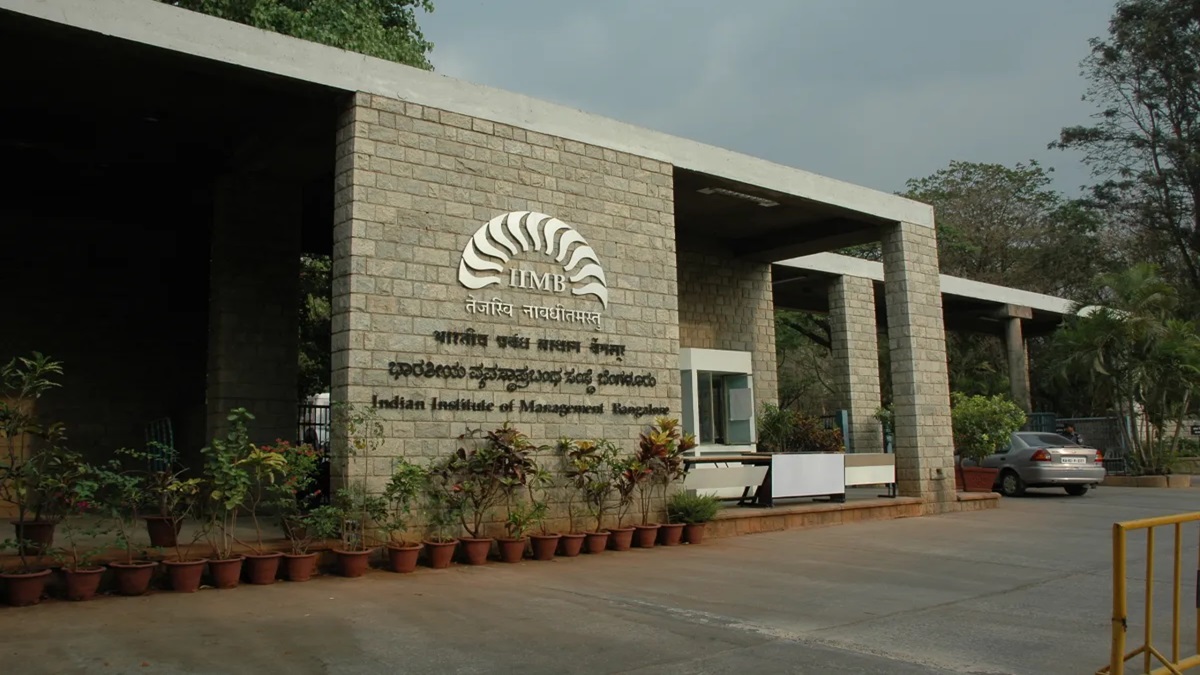 |
|
The Indian Institute of Management Bangalore (IIM-B) finds itself embroiled in a controversy involving allegations of caste discrimination against a Dalit associate professor. The case highlights the persistent challenges faced by marginalized communities within even prestigious academic institutions. Associate Professor Gopal Das filed a complaint alleging that the IIM-B director and seven other faculty members deliberately revealed and publicized his caste, denying him equal opportunities and subjecting him to threats and mental harassment. This complaint, filed under the Scheduled Castes and the Scheduled Tribes (Prevention of Atrocities) Act and the Bharatiya Nyaya Sanhita, resulted in a police case being registered against the accused. The severity of the allegations underscores the systemic issues that continue to plague Indian society, demonstrating how deeply entrenched biases can affect even those in supposedly meritocratic environments like higher education.
The IIM-B’s response to the allegations presents a complex picture. While the institute vehemently denies the charges of harassment and discrimination, claiming Professor Das has received significant support since his recruitment in 2018, including promotions and various positions of responsibility, their statement also reveals a counter-narrative. The IIM-B maintains that the professor’s allegations emerged only after his promotion application was stalled due to complaints of harassment lodged by doctoral students. An internal inquiry, involving a reputed academic from the Scheduled Caste category, reportedly found the student complaints justified. This counter-narrative raises crucial questions about the fairness and impartiality of the internal investigation, and whether it adequately addressed Professor Das’s claims of caste-based discrimination independently of the student harassment issue. The intertwined nature of these allegations – caste discrimination and student harassment – complicates the situation and makes it challenging to separate the two distinct but potentially related issues.
The case highlights the difficulties in addressing caste-based discrimination within complex institutional structures. The claim of a court stay order obtained by those accused further underscores the challenges in navigating legal processes in such sensitive cases. The involvement of the Directorate of Civil Rights Enforcement (DCRE) and the Social Welfare Department highlights the official interest in ensuring justice for the aggrieved party and addressing systemic issues. The investigation’s outcome will be crucial in setting a precedent for future cases and determining the effectiveness of measures aimed at fostering inclusivity within educational institutions in India. This case raises critical questions about the efficacy of existing anti-discrimination laws and the implementation of policies designed to create equitable environments for all faculty and students, regardless of their caste.
The IIM-B's commitment to fostering an inclusive academic community, as stated in their official statement, remains to be tested through the outcome of the investigation. The credibility of the institute's internal processes and its commitment to addressing caste-based discrimination will be significantly impacted by the resolution of this case. It underscores the urgent need for proactive measures to address caste-based discrimination within higher education institutions, moving beyond reactive responses to allegations. This includes comprehensive training for faculty and staff on anti-discrimination laws, robust grievance redressal mechanisms, and independent oversight to ensure fair and impartial investigations into such sensitive matters. The case serves as a stark reminder that the fight against caste-based discrimination is far from over, even within spaces that strive for intellectual meritocracy.
The ongoing legal battle and the conflicting narratives surrounding Professor Das's allegations necessitate a thorough and unbiased investigation to ascertain the truth. The outcome will significantly influence public perception of IIM-B, potentially affecting its reputation and future recruitment of faculty from marginalized communities. Beyond the immediate legal consequences, this case raises a much broader conversation regarding the persistent challenges in tackling caste-based discrimination in India, requiring a holistic and multi-pronged approach encompassing legal action, institutional reforms, and societal change.
